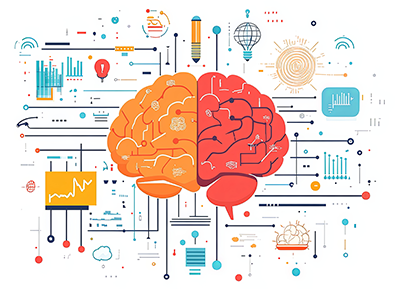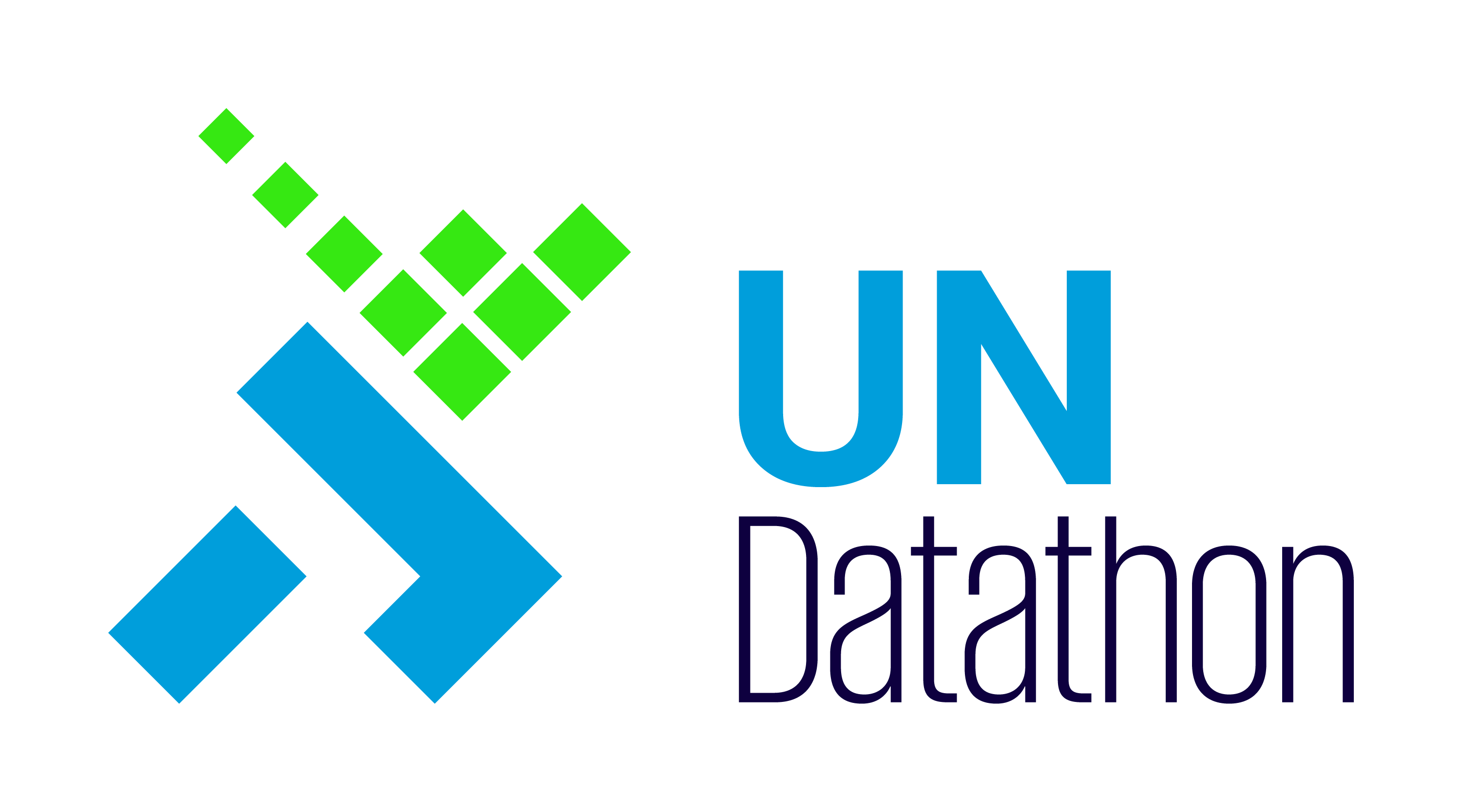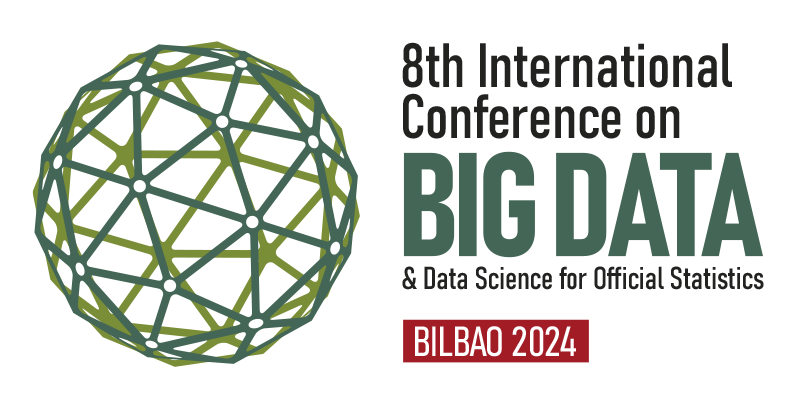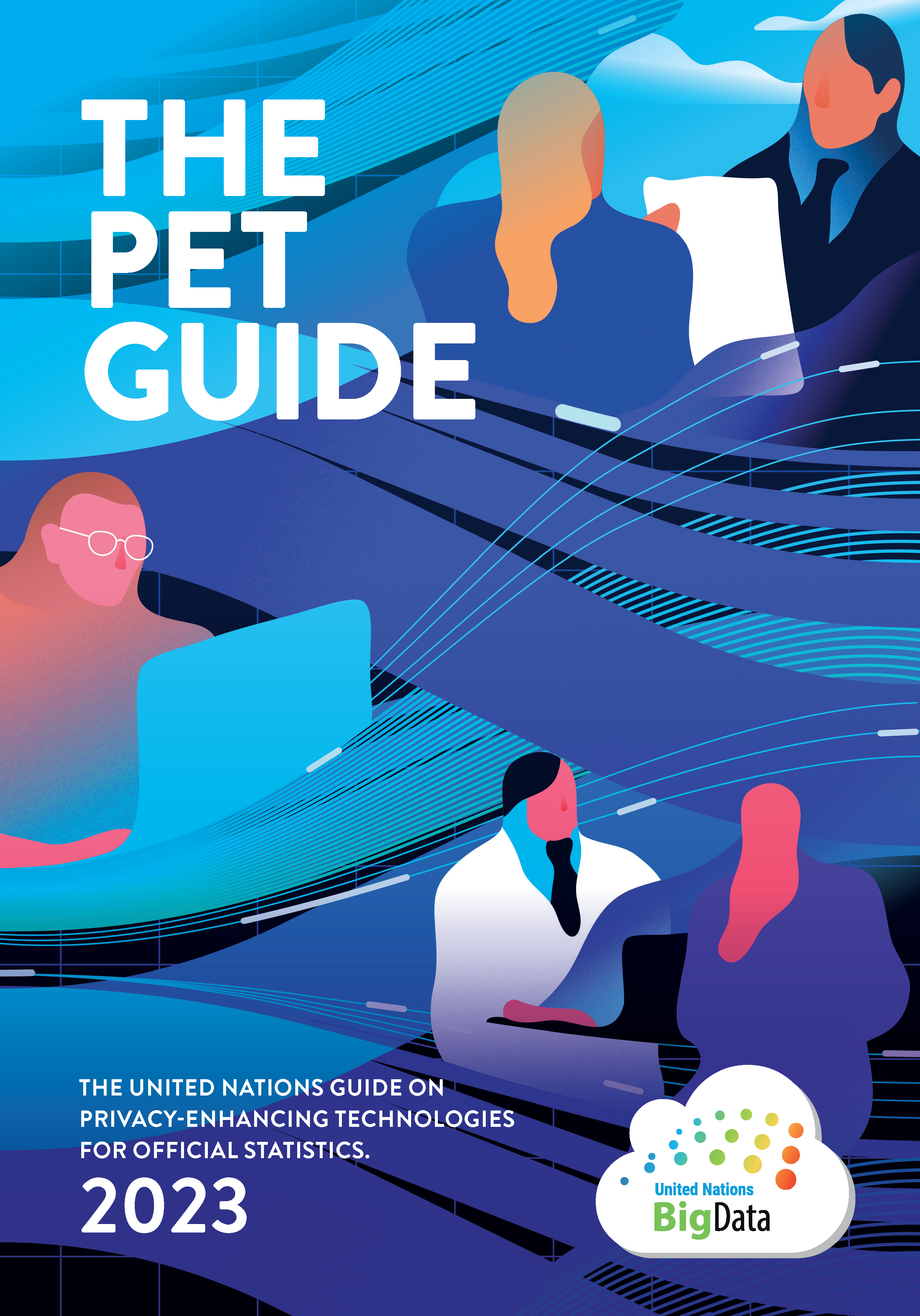Unlocking the Potential of Mobile Phone Data for Official Statistics: A Practical Guidance for National Statistical Offices
The event will explore the transformative potential of Mobile Phone Data (MPD) in official statistics, addressing challenges NSOs face in accessing and utilizing data from Mobile Network Operators (MNOs). Organized by the UN-CEBD Task Team on MPD, led by ITU, World Bank, Flowminder, and the Global Partnership for Sustainable Development Data, it will showcase MPD applications in areas such as tourism, migration, and disaster management. Key discussions will include strategies for NSO engagement with MNOs, the MPD Maturity Assessment Framework, and a new practical guide on responsible data access. The event will also highlight insights from a World Bank/ITU project supporting 18 countries in leveraging MPD for policymaking, featuring NSO representatives sharing their experiences.

















